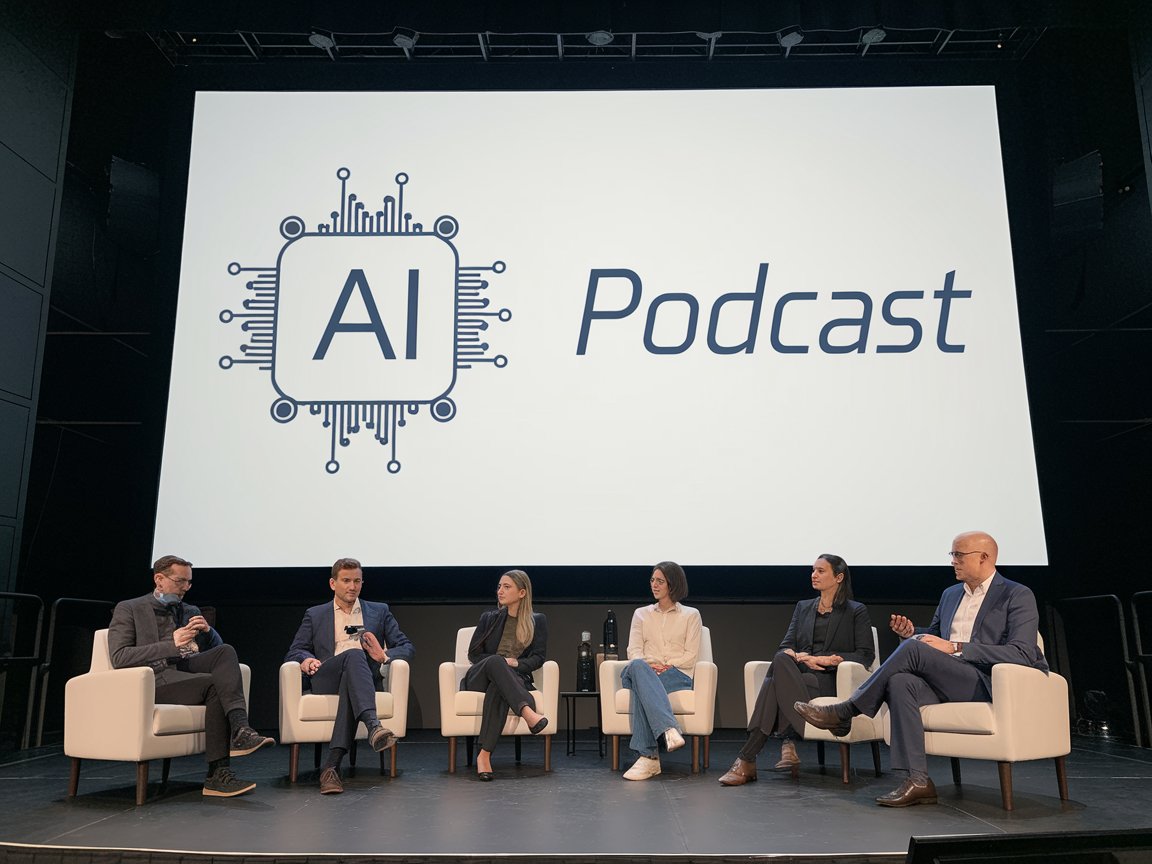
Voice Cloning Ethics: Navigating AIdeaFlow's Impact on Content Creation
The rapid advancement of artificial intelligence has revolutionized numerous industries, and content creation is no exception. Among the various innovations, voice cloning technology stands out, enabling creators to generate lifelike audio that mimics human voices. While this technological leap offers substantial benefits, it also raises a multitude of ethical considerations. In this blog post, we will explore the implications of voice cloning, particularly through platforms like AIdeaFlow, which empower users to craft AI-powered podcasts and audio content.
Understanding Voice Cloning
What is Voice Cloning?
- Voice cloning refers to the process of creating a synthetic voice that closely resembles a real person's speech patterns and vocal nuances.
- It employs deep learning algorithms, particularly neural networks, to analyze and replicate the unique characteristics of a voice.
- Applications range from entertainment to education, allowing creators to produce audio content without the need for traditional recording methods.
How Does Voice Cloning Work?
- Voice cloning technology typically requires a dataset of voice recordings from the target speaker.
- Machine learning models analyze this data to identify and replicate phonetic features, tone, pitch, and even emotional intonation.
- Once trained, the model can generate new speech patterns based on written text, making it capable of producing a wide array of audio outputs.
The Rise of AIdeaFlow
Introduction to AIdeaFlow
- AIdeaFlow is an innovative platform that leverages AI technology to facilitate the creation of podcasts and audio content.
- It offers users a user-friendly interface, allowing both amateurs and professionals to produce high-quality audio with minimal technical know-how.
- The platform integrates voice cloning features, enabling users to create personalized audio experiences.
Key Features of AIdeaFlow
- Customizable Voices: Users can select from a variety of voice options or create custom clones of their own.
- User-Friendly Interface: The platform is designed to be accessible, with straightforward tools for easy content creation.
- Integration with Other Tools: AIdeaFlow can work in conjunction with various audio editing software, enhancing workflow efficiency.
Ethical Considerations in Voice Cloning
The Double-Edged Sword of Technology
- Creativity vs. Authenticity: While voice cloning enhances creativity, it raises questions about the authenticity of the content produced.
- Accessibility: Provides opportunities for those with disabilities or limitations in traditional content creation, but could also lead to misuse.
Consent and Ownership
- Informed Consent: Essential for ethical voice cloning; creators must obtain clear permission from individuals whose voices are being cloned.
- Ownership Rights: Issues surrounding the ownership of cloned voices can lead to legal disputes and ethical dilemmas.
The Implications for Content Creators
Opportunities for Innovation
- Personalization: Content creators can tailor their audio to resonate more with their target audience.
- Diverse Applications: Voice cloning can be used in various fields, including advertising, education, and entertainment.
Risks and Challenges
- Misrepresentation: Cloned voices can be used deceitfully, leading to misinformation or fraudulent activities.
- Quality Control: The potential for poorly generated voices may harm the credibility of content creators.
Navigating Legal Frameworks
Current Legal Landscape
- Copyright Laws: Existing laws may not adequately address the complexities of voice cloning and ownership.
- Emerging Regulations: Governments are beginning to enact regulations to safeguard against misuse of voice cloning technology.
The Role of Policy Makers
- Creating Guidelines: Policymakers must develop clear guidelines that outline ethical practices in voice cloning.
- Collaboration with Technologists: Engaging with AI developers can lead to better understanding and governance of voice cloning technology.
Best Practices for Ethical Voice Cloning
Obtain Clear Consent
- Always secure explicit permission from individuals before cloning their voice.
- Consider using contracts that outline the intended use of the cloned voice.
Transparency with Audiences
- Disclose when using cloned voices in your content, promoting transparency and trust.
- Educate your audience about the technology behind voice cloning and its implications.
The Future of Voice Cloning
Technological Advancements
- Continued improvements in AI algorithms are likely to enhance the realism of cloned voices.
- Potential integration with virtual and augmented reality could create immersive audio experiences.
Societal Impacts
- Voice cloning technology could redefine communication, allowing for unprecedented levels of personalization.
- However, the potential for misuse calls for ongoing dialogue about ethical standards and practices.
AIdeaFlow's Commitment to Ethics
Ethical Guidelines
- AIdeaFlow is committed to promoting ethical use of voice cloning technology, providing users with guidelines for responsible content creation.
- The platform encourages users to engage in best practices, fostering a community of ethical creators.
Educational Resources
- AIdeaFlow offers resources and training on the ethical implications of voice cloning and how to navigate them effectively.
- Users are encouraged to stay informed about legal changes and industry standards related to voice cloning.
Conclusion
As voice cloning technology continues to evolve and permeate the content creation landscape, its ethical implications must be carefully navigated. Platforms like AIdeaFlow are at the forefront of this transformation, empowering creators while also emphasizing the importance of ethical practices. By obtaining consent, maintaining transparency, and adhering to guidelines, content creators can harness the potential of voice cloning responsibly. As we move forward, it is crucial to engage in ongoing conversations about the ethical considerations surrounding this powerful technology, ensuring that innovation does not outpace morality.